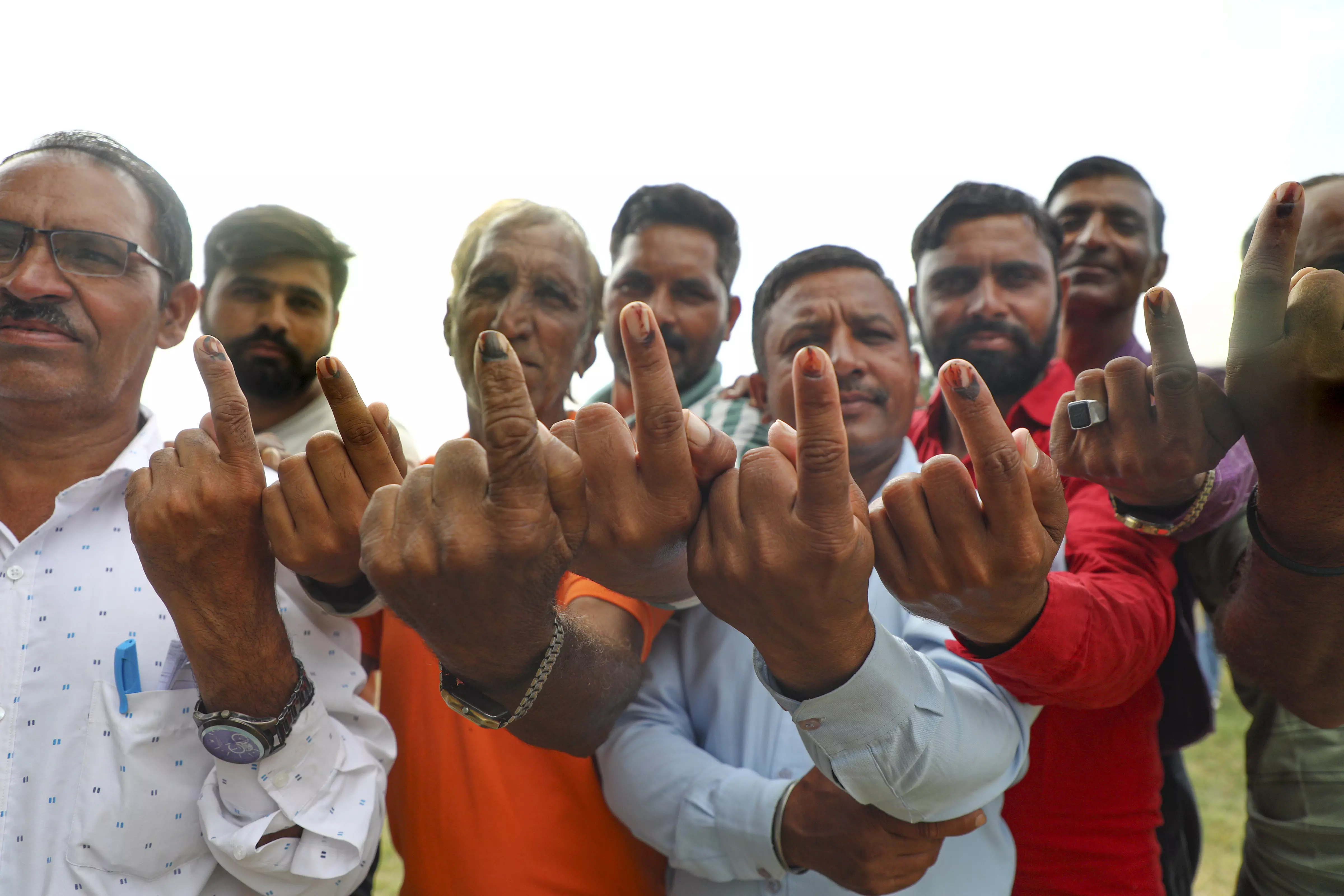
‘One Nation, One Election’ Bill likely to be tabled in Parliament next week
The panel led by Kovind recommended holding concurrent elections for the Lok Sabha and in states to be followed by synchronised local body polls within 100 days

The Union Cabinet chaired by Prime Minister Narendra Modi on Thursday (December 12) approved the 'One Nation, One Election' Bill to enable simultaneous Lok Sabha and Assembly elections. This Bill is likely to be tabled in the ongoing winter session of Parliament next week.
The Bill, which the Opposition does not favour, will also be referred to the Joint Parliamentary Committee (JPC).
Also read: One nation, one election is impossible: Kharge to PM Modi
In September, the Cabinet approved a report presented by a committee headed by former president Ram Nath Kovind advocating the simultaneous elections.
Modi hails Kovind report
Prime Minister Modi has been a staunch advocate of simultaneous elections.
Also read: One Nation One Election: Let it be contested in political arena; no need to summon red herrings
"I complement Ram Nath Kovind Ji for spearheading this effort and consulting a wide range of stakeholders,” he had earlier said. “This is an important step towards making our democracy even more vibrant and participative.”
The panel headed by Kovind recommended holding concurrent elections for the Lok Sabha and state legislatures to be followed by synchronised local body polls within 100 days.
For and against the idea
The Kovind-headed panel report had said that it consulted 62 political parties during the exercise, out of which 47 responded.
Of these, 32 political parties, including the Bharatiya Janata Party (BJP), favoured simultaneous elections.
At the same time, 15 political parties, including the Congress, opposed the proposal.
“Responses were received from 47 political parties. Barring 15 political parties, the remaining 32 political parties not only favoured the system of simultaneous elections, but also advocated its adoption for saving scarce resources, protecting social harmony, and stimulating economic development,” the report said.
“Those who opposed simultaneous elections raised apprehensions that its adoption could violate the basic structure of the Constitution, be anti-democratic and anti-federal, marginalise regional parties, encourage the dominance of national parties, and result in a presidential form of government,” it said.
'Danger to federalism'
The report said that holding simultaneous elections will save scarce resources and promote social cohesion as well as economic development.
Those who opposed the idea spoke of the 'dangers to federalism', weakening of regional political parties, giving dominance to the national parties and posing long-term danger to the parliamentary system of governance.

